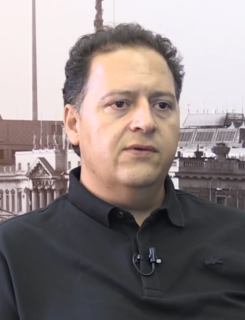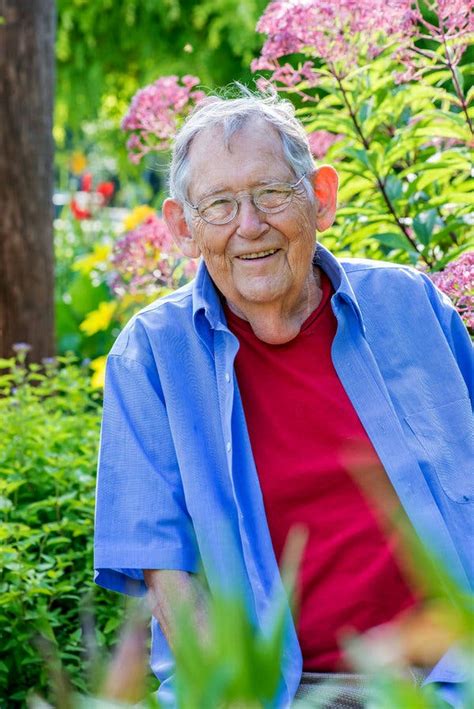A Quote by David Hume
It affords a violent prejudice against almost every science, that no prudent man, however sure of his principles, dares prophesy concerning any event, or foretell the remote consequences of things.
Related Quotes
I would argue with my father [Pablo Escobar] about his violent attitude and I would tell him to stop his violent ways and to think about peace as an alternative, especially given the many problems he was having. However, he would reply almost immediately by telling me "you are forgetting that the first bomb that exploded in Colombia was an attempt against you, your sister, and your mother - I did not invent narcoterrorism, narcoterrorism was first used against my family.
Principles always have natural consequences attached to them. There are positive consequences when we live in harmony with the principles. There are negative consequences when we ignore them. But because these principles apply to everyone, whether or not they are aware, this limitation is universal. And the more we know of correct principles, the greater is our personal freedom to act wisely.
Marie Curie is my hero. Few people have accomplished something so rare - changing science. And as hard as that is, she had to do it against the tide of the culture at the time - the prejudice against her as a foreigner, because she was born in Poland and worked in France. And the prejudice against her as a woman.
But concerning vision alone is a separate science formed among philosophers, namely, optics, and not concerning any other sense ... It is possible that some other science may be more useful, but no other science has so much sweetness and beauty of utility. Therefore it is the flower of the whole of philosophy and through it, and not without it, can the other sciences be known.
I have no religion, and at times I wish all religions at the bottom of the sea. He is a weak ruler who needs religion to uphold his government; it is as if he would catch his people in a trap. My people are going to learn the principles of democracy, the dictates of truth and the teachings of science. Superstition must go. Let them worship as they will; every man can follow his own conscience, provided it does not interfere with sane reason or bid him against the liberty of his fellow-men.
Prejudice is of ready application in the emergency; it previously engages the mind in a steady course of wisdom and virtue, and does not leave the man hesitating in the moment of decision, skeptical, puzzled and unresolved. Prejudice renders a man's virtue his habit; and not a series of unconnected acts. Through past prejudice, his duty becomes part of his nature.
Without ambition one starts nothing. Without work one finishes nothing. The prize will not be sent to you. You have to win it. The man who knows how will always have a job. The man who also knows why will always be his boss. As to methods there may be a million and then some, but principles are few. The man who grasps principles can successfully select his own methods. The man who tries methods, ignoring principles, is sure to have trouble.
Show me a person without prejudice of any kind on any subject and I'll show you someone who may be admirably virtuous but is surely no gardener. Prejudice against people is reprehensible, but a healthy set of prejudices is a gardener's best friend. Gardening is complicated, and prejudice simplifies it enormously.
And because the condition of Man, (as hath been declared in the precedent Chapter) is a condition of Warre of every one against everyone; in which case every one is governed by his own Reason; and there is nothing he can make use of, that may not be a help unto him, in preserving his life against his enemyes; It followeth, that in such a condition, every man has a Right to every thing; even to one anothers body.






































